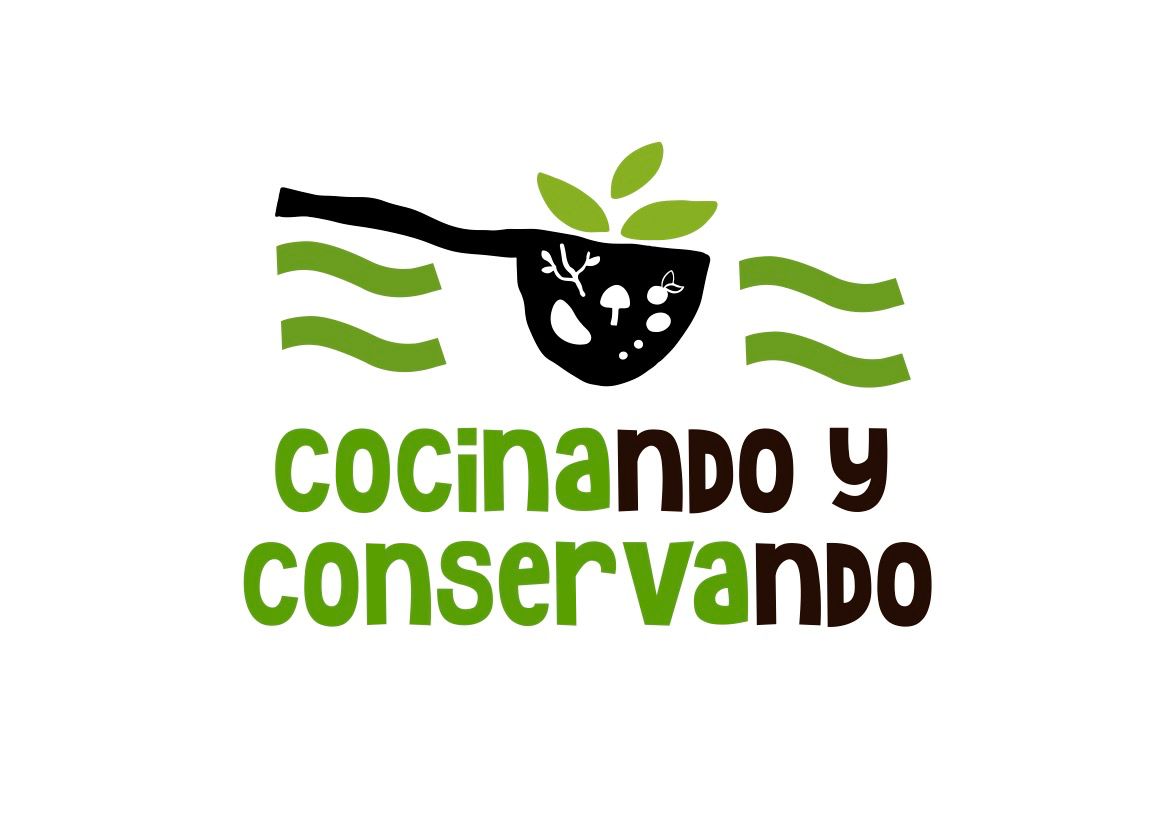Country: Perú,
When did this experience begin?: 11/09/2016
At what stage is the experience currently?: It's a consolidated. established experience
Is the experience legally recognized?: Yes
Where does the experience take place?:
Name of the organization leading the experience: COCINANDO Y CONSERVANDO EN LA AMAZONIA
Year in which it was established: 06/12/2022
Acronym (initials) of the organization: COCINANDO Y CONSERVANDO
Logo of the organization: 
Description of the Organization:
Address of the organization's headquarters: PUERTO MALDONADO-MADRE DE DIOS-PERU
Context:
![]()
Social Issues:
Persecution of leadersPublic health
![]()
Cultural Issues:
Loss of cultural identityImposition of external models
![]()
Political Issues:
Absence of public institutions
![]()
Economic Issues:
Monocultivants
![]()
Environmental Issues:
Destruction of ecosystems
| Title | Unit | Number | Description |
|---|---|---|---|
| Talleres de cocina sostenible y seguridad alimentaria | 50 | ||
| Procesos de reforestación | 2000 | ||
| Procesos de Educación ambiental | 11 | ||
| Construcción de cocinas | 4 |
Taller Cocina Amazónica
Taller de Cocina Nativa
Partners or Allied Organizations
| Organization Name | Organization Role in the Experience |
|---|---|
| Asociación Cáritas Madre de Dios | Aliada |